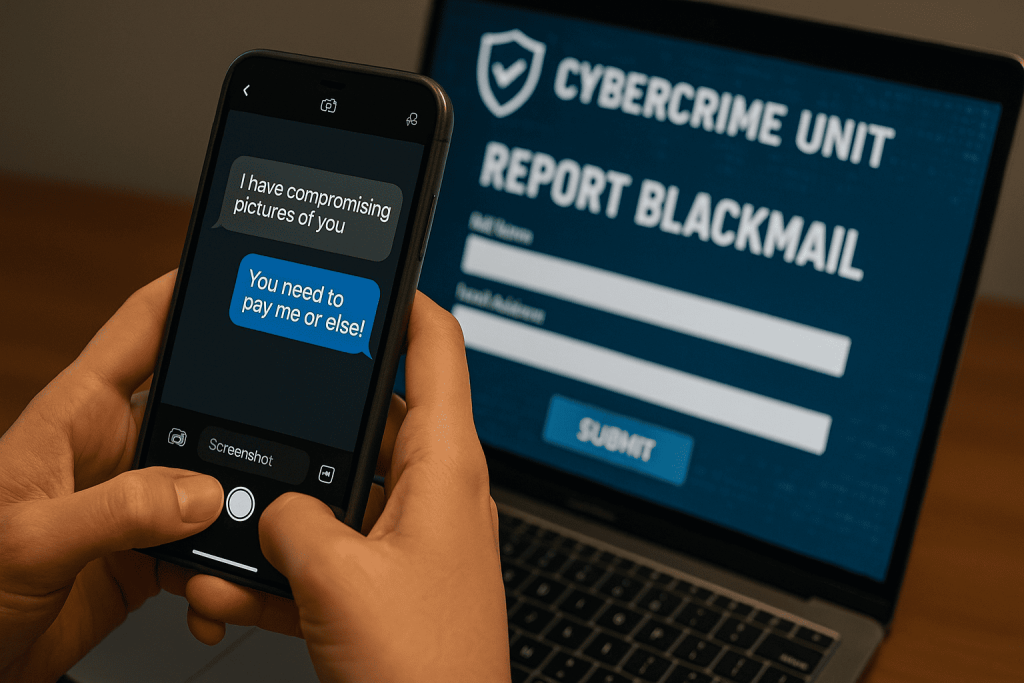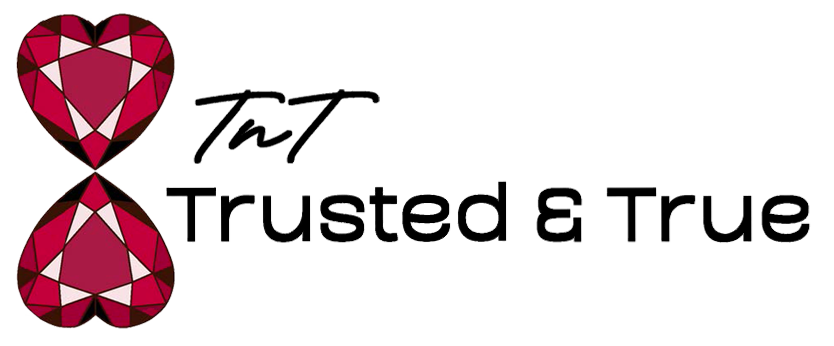It starts with a smile. A message. A late-night conversation that feels real, comforting, and full of connection. Then one day, everything changes. That same person you trusted begins to threaten you. What was once romance suddenly becomes fear.
This is the dark world of online blackmail and extortion in dating a growing trap in the digital dating world. More people than ever are falling victim to blackmailers who use love and trust as their strongest weapons. But understanding how it happens and what to do next can help you protect yourself before it’s too late.
What Is Extortion Online?
Extortion online is a form of digital blackmail where scammers threaten to release private information, images, or conversations unless victims pay money or fulfill demands.
It’s not just about stolen data it’s emotional manipulation at its worst.
In dating scams, this often begins with trust. A scammer builds a fake romantic connection, encourages private exchanges, and then turns that intimacy into leverage. The victim is trapped between shame, fear, and the desperate hope to make it all disappear.
Common forms of extortion online include:
- Demanding money to delete sensitive photos or videos
- Threatening to share private messages with family or employers
- Using fake identities to gain trust and then turning against victims
- Pretending to be law enforcement or hackers to increase fear
How Extortion Online Has Become a Dating Trap
The online dating world has exploded with opportunities to meet new people. But along with that growth, predators have learned to exploit vulnerability. Dating apps and social platforms make it easy for scammers to target people who crave connection.
They often start with kindness and empathy. They share personal stories, photos, and emotional confessions. Over time, trust grows. Then, the manipulation begins. Victims are convinced to send private content or reveal sensitive details. That’s when the switch flips from affection to threats.
This emotional manipulation creates one of the most dangerous traps in modern dating. It’s not just financial extortion; it’s psychological warfare.

The Emotional Side of Extortion Online
Victims of extortion online often describe the experience as terrifying and isolating. Shame silences them. Fear keeps them from seeking help.
But this emotional silence gives power to the scammer.
People often ask themselves:
- How could I have fallen for this?
- What will people think if they find out?
- What if my family or job gets affected?
These fears are exactly what blackmailers rely on. They use guilt, embarrassment, and panic to keep their victims under control.
It’s important to remember being tricked doesn’t make you foolish. These scams are designed to manipulate human emotions with precision. The real blame lies with the criminal, not the victim.
Real-Life Pattern of an Extortion Online Case
While every case is unique, most follow a similar pattern:
- The Connection: A fake profile reaches out on a dating app or social media platform.
- The Bond: They share details, act emotionally supportive, and earn your trust.
- The Trap: They convince you to send something private photos, videos, or confessions.
- The Threat: Suddenly, the tone changes. They demand money or other favors.
- The Fear: Victims panic, feeling trapped between exposure and payment.
This predictable pattern is why education and awareness are key. Recognizing early red flags can stop the manipulation before it begins.
Red Flags to Watch For in Extortion Online
Spotting extortion online early can save you from emotional and financial harm. Look out for these warning signs:
- The person moves too fast emotionally
- They avoid video calls or in-person meetings
- They ask for private photos or personal details quickly
- Their profiles seem new or inconsistent
- They pressure you to keep your relationship secret
- Sudden threats appear after sharing something personal
The moment someone tries to control you through fear, stop all communication and seek help immediately.
What To Do If You’re a Victim of Extortion Online
If you find yourself trapped in an online extortion situation, it’s critical to act smartly, not emotionally. Here’s how:
- Do Not Pay: Paying only encourages the scammer. They often ask for more.
- Stop Communication: Cut off all contact immediately.
- Collect Evidence: Take screenshots of chats, profiles, and demands.
- Report It: Contact local law enforcement and report the case to the platform where it started.
- Seek Support: Trusted friends, family, or online blackmail helplines can help you emotionally and legally.
- Secure Your Accounts: Change passwords, enable two-factor authentication, and review privacy settings.
Remember help exists. You are not alone.

How Trusted and True Helps Raise Awareness
Trusted and True is dedicated to spreading awareness about scams, catfishing, and online manipulation. By providing factual, user-friendly content, we aim to help victims recognize signs of danger and find confidence to speak up.
Extortion online thrives in silence. Education is the strongest defense. The more people understand how these scams work, the fewer victims there will be in the future.
How To Protect Yourself From Extortion Online
You can lower your risk of falling into an extortion trap by taking these proactive steps:
- Avoid sharing personal or explicit content with people you haven’t met in person
- Reverse image search any suspicious profile pictures
- Keep conversations inside verified platforms
- Use privacy settings to limit what others can see on your profile
- Always verify the identity of anyone asking for private information
Knowledge is power. Prevention begins with awareness.
Legal Options For Victims of Extortion Online
Many victims don’t realize they have legal protection. Extortion online is a crime in most countries. Authorities can investigate and prosecute such cases under cybercrime laws.
If you’re in the United States, report to:
- The FBI Internet Crime Complaint Center (IC3)
- Local police cybercrime units
- Online blackmail support organizations
Legal action not only helps victims recover but also prevents others from being targeted by the same scammers.
Don’t Let Fear Silence You
Extortion online can happen to anyone regardless of age, background, or experience. Scammers are skilled manipulators who exploit trust and emotion. But silence is their greatest ally.
Speak up. Report it. Get help. Every time a victim takes a stand, one more scammer loses their power. Online dating can still be safe and genuine, but only when we stay aware, informed, and alert.
Trusted and True is the first dating platform truly dedicated to protecting users from online extortion and digital manipulation. We’re here to help you spot the traps before they start and keep your online dating experience safe and genuine.
FAQs
What should I do first if I’m a victim of extortion online?
Immediately stop communicating, collect all evidence, and report the case to law enforcement. Avoid paying any money to the scammer.
Can online extortion really be stopped legally?
Yes. Extortion online is a criminal offense, and most countries have cybercrime units dedicated to investigating such cases.
How can I stay safe while dating online?
Never share private images or sensitive details early in a relationship. Verify identities and trust your instincts if something feels off.











